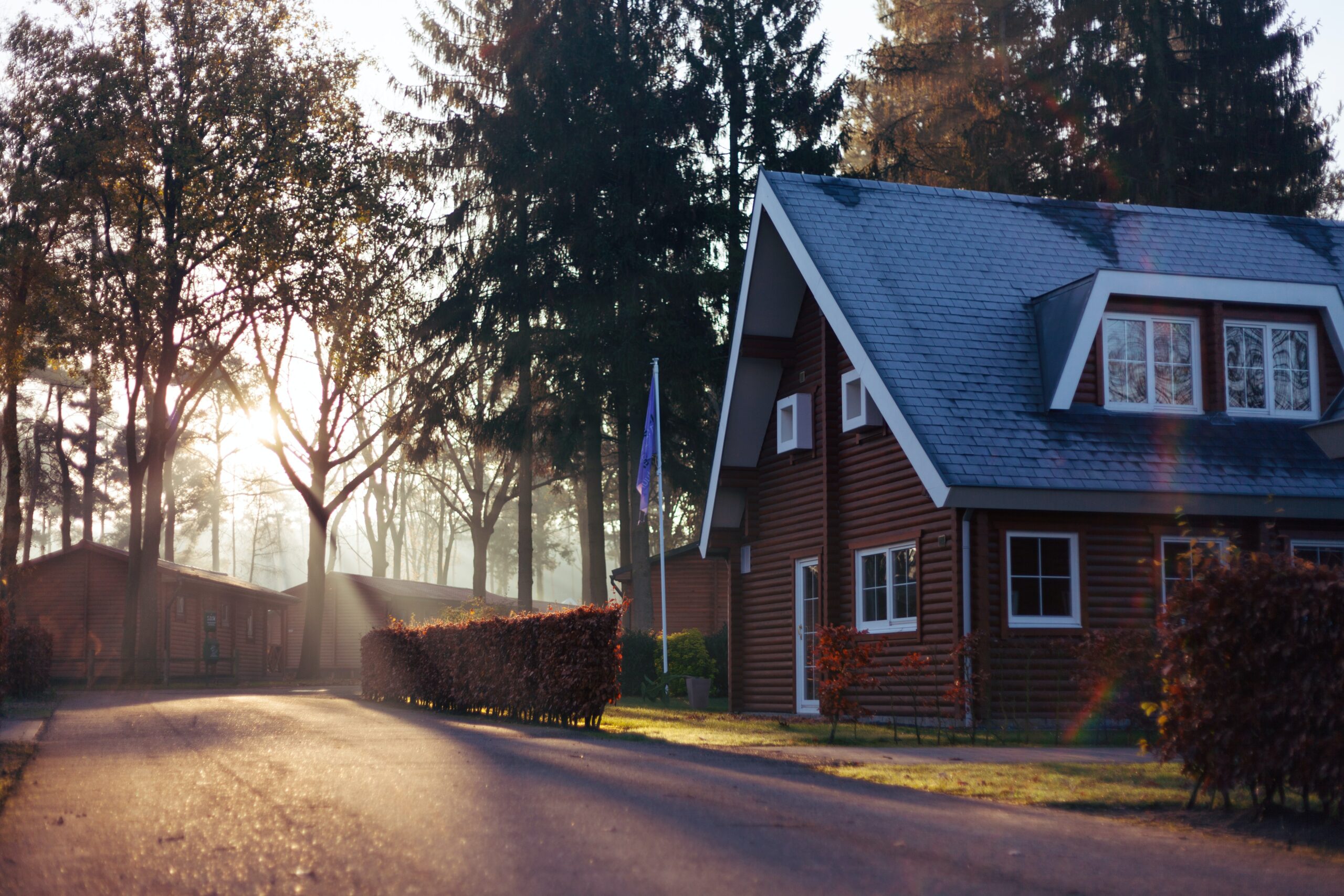
26 Oct The Ultimate Guide to St. Louis Property Inspections: 11 Essential Steps for a Secure Investment
When considering property inspections in St. Louis, it’s not just about checking a box. It’s about ensuring your investment’s safety, value, and longevity. St. Louis properties’ rich history and diverse architecture offer unique challenges and opportunities for potential owners.
Property Inspections in St. Louis
Often called the Gateway to the West, St. Louis houses various properties, from vintage historical gems to modern marvels. Each property, like a unique fingerprint, has its nuances. This guide aims to illuminate the essential inspection points for any prospective property owner in this majestic city.
The Importance of Thorough Property Inspections
Imagine buying your dream home only to discover hidden damages that cost thousands to repair. Nightmare, right? Thorough property inspections are your safety net against such scenarios, ensuring you know precisely what you’re getting into.
The Complete Checklist for St. Louis Property Inspections
Armed with this checklist, you’ll have the confidence to know you’ve left no stone unturned.
Exterior Checkpoints:
- Foundations and Base Structures: From minor cracks to alarming shifts, the foundation is the bedrock of your property.
- Roofing and Chimneys: Ensure shingles, tiles, and chimneys are in tip-top condition, guarding against Missouri’s unpredictable weather.
- Drainage Systems and Gutters: Proper drainage can prevent unwanted basement surprises after heavy rain.
- Sidings and Exteriors: Weathered siding can highlight more profound issues and affect your property’s curb appeal.
- Windows, Doors, and Entryways: These are access points and potential areas for heat loss and security breaches.
Interior Checkpoints:
- Walls, Ceilings, and Floors: Beyond cosmetic concerns, these can hide water damage or structural issues.
- Electrical Systems: Old or faulty wiring isn’t just a nuisance; it’s a fire hazard.
- Heating and Cooling Units: St. Louis summers are hot; winters are cold. Ensuring HVAC efficiency is vital.
- Plumbing and Water Systems: A small leak might hint at more significant plumbing issues.
- Appliances and Gadgets: Ensure they’re in working order and up to safety standards.
- Safety Features and Alarms: Safety should always be a priority, from smoke detectors to security systems.
Environmental Inspections:
- Radon Detection: This odorless gas can be a silent and deadly presence in homes.
- Mold and Mildew Assessment: Mold can be a health hazard in older properties.
- Pest and Insect Evaluation: The last thing you want is unwanted tenants of the six-legged variety.
Special St. Louis-specific Considerations:
- Local Regulations and Codes: Stay compliant with city codes to avoid fines and ensure safety.
- Historical Property Concerns: Some of St. Louis’s older properties have preservation guidelines.
- Neighborhood Assessments: Beyond your property lines, the community plays a role in your property’s value and appeal.
Benefits of Hiring a Local Inspector in St. Louis
Property Management In St. Louis benefits from local inspectors who possess a sharp understanding of St. Louis-specific concerns, including expertise in local pests and staying current with city regulations.
Common Misconceptions About Property Inspections
Many believe inspections are a mere formality. In truth, they’re a lifeline for making informed decisions about one of life’s significant investments.
Cost Implications and ROI of Proper Inspections
Think of inspections as a small investment that can save you big in the long run.

Why St. Louis Inspections are Unique
St. Louis stands out with its unique blend of historical charm and urban development. Properties here echo stories of the past while embracing the new age. This mix brings its own set of challenges and benefits when inspecting a property.
Historical and Cultural Heritage:
Many neighborhoods in St. Louis boast over a century-old property. While beautiful and nostalgic, these historic homes can often come with many problems. From outdated electrical systems to age-old plumbing, each requires a meticulous eye to ensure they meet today’s standards.
Modern Infrastructures:
On the flip side, St. Louis has seen an influx of current properties. With new technologies and construction techniques, these properties might seem problem-free. However, quick construction and the use of more unique materials can sometimes lead to unforeseen issues down the line.
Factors Affecting Property Value in St. Louis
St. Louis’s property market is ever-evolving, with various factors influencing property values.
Location and Neighborhood:
The adage “location, location, location” rings particularly true for St. Louis. Proximity to amenities, schools, parks, and other iconic landmarks can significantly influence a property’s value.
Age and Condition of the Property:
As discussed, St. Louis homes can range from historical to ultra-modern. A well-maintained older home can sometimes fetch more than a newer construction due to its charm and character.
Future Development Plans:
St. Louis is a city on the move, with new developments popping up regularly. Awareness of future development plans in the vicinity can give potential property owners a heads-up on future property value trajectories.
The Emotional Value of a St. Louis Home
Beyond the bricks and mortar, a home in St. Louis can be an emotional investment. The city, known for its vibrant culture, rich history, and warm community, offers a unique living experience. Whether it’s the blues music echoing in the streets, the aroma of barbecues during summer festivals, or the sheer architectural beauty, owning a property here can be a source of pride and joy.

To Inspect or Not to Inspect?
While some might be tempted to skip the inspection process, especially in a heated market, it’s a step that should be noticed. Think of it as a small step towards ensuring your peace of mind. Whether you’re a first-time buyer, a seasoned investor, or someone looking to settle down, a thorough property inspection in St. Louis is worth its weight in gold.
Wrapping Up
St. Louis is a unique property market with its charm, opportunities, and challenges. Armed with the proper knowledge, a trusted inspector, and an understanding of what to expect, you’re well on your way to making a wise, informed decision. After all, a property in St. Louis isn’t just a house; it’s a home.
FAQs about St. Louis Property Inspections
Why is a local inspector crucial for St. Louis properties?
Local insights lead to a more thorough inspection, ensuring nothing is overlooked.
What’s the average cost of an inspection?
Prices vary, but consider it a wise investment in your property’s future.
How long does a typical inspection take?
Depending on the property size, inspections can last between 2-4 hours.
Can I perform the inspection myself?
While DIY is possible, professional inspectors have the tools and knowledge to make the process more thorough.
What if I find issues after purchasing?
Negotiate with the seller before finalizing. Post-purchase, it becomes your responsibility.
How often should properties be inspected?
For homeowners, consider an inspection every 3-5 years or before any significant renovation.
Conclusion: Securing Your Investment in St. Louis
With knowledge, a thorough checklist, and a trusted local inspector, you’re well on your way to securing your St. Louis property investment.
 CLICK HERE FOR PODCAST
CLICK HERE FOR PODCAST
